Search
Search Results
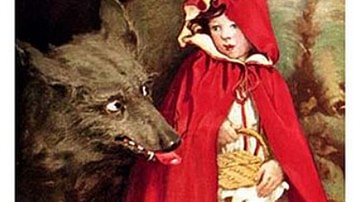
Definition
Medieval Folklore
Medieval folklore is a body of work, originally transmitted orally, which was composed between the 5th and 15th centuries in Europe. Although folktales are a common attribute of every civilization, and such stories were being told by cultures...
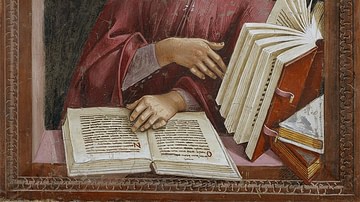
Definition
Medieval Literature
Medieval literature is defined broadly as any work written in Latin or the vernacular between c. 476-1500, including philosophy, religious treatises, legal texts, as well as works of the imagination. More narrowly, however, the term applies...
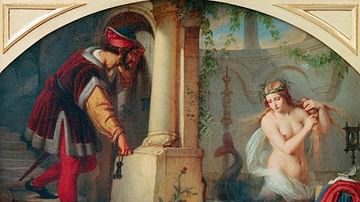
Definition
Melusine
Melusine (pronounced Mel-ew-seen, also given as Melusina) is a legendary figure from European folklore depicted as a mermaid, sometimes with two tails, as a serpent from the waist down, or as a dragon. She is associated with the ruling houses...
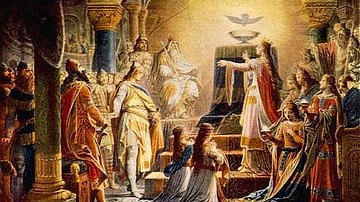
Definition
Grail Legend
The Grail Legend (also known as the Grail Quest, Quest for the Holy Grail) developed in Europe c. 1050-1485 CE. It most likely originated in Ireland as folklore before appearing in written form sometime before 1056 CE in The Prophetic Ecstasy...
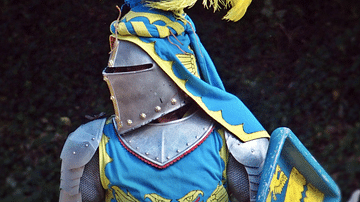
Definition
Medieval Knight
Knights were the most-feared and best-protected warriors on the medieval battlefield, while off it, they were amongst the most fashionably dressed and best-mannered members of society. To reach this elevated position, however, became more...
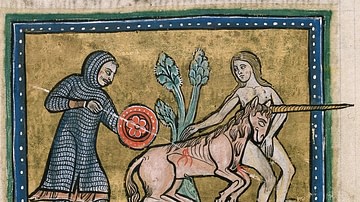
Article
The Unicorn Myth
The unicorn, a mythical creature popularized in European folklore, has captivated the human imagination for over 2,000 years. For most of that time, well into the Middle Ages, people also believed them to be real. The roots of the unicorn...
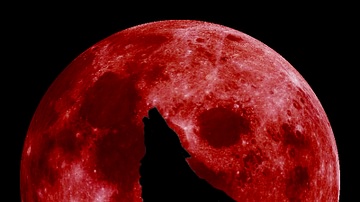
Interview
Interview: The Werewolf in the Ancient World by Daniel Ogden
In this interview, World History Encyclopedia is talking to author Daniel Ogden about his new book The Werewolf in the Ancient World. Daniel Ogden (Author): Thank you for inviting me! Kelly (WHE): Of course, we are very excited to have...
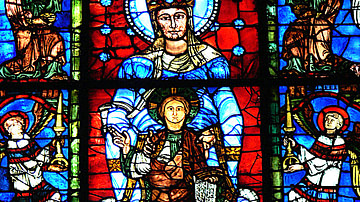
Article
Religion in the Middle Ages
Religion in the Middle Ages, though dominated by the Catholic Church, was far more varied than only orthodox Christianity. In the Early Middle Ages (c. 476-1000), long-established pagan beliefs and practices entwined with those of the new...
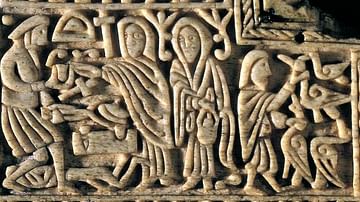
Article
Elves & Dwarves in Norse Mythology
Elves and dwarves represent minor divine figures in Norse mythology. Elves (álfar) and dwarves (dvergar) have in common their talent for creating precious objects, skill, agility, and moral ambiguity. Dwarves appear in several important stories...

Video
The Origin of Leprechauns -- Celtic Folklore Month
Subscribe! ➤ http://tinyurl.com/ho9cl6s We see them all over the place here in America—on our cereal boxes, in cartoons, in parades—but what are leprechauns? Where did they come from, and why are they so iconic? Join the...